Master of Arts in Theatre - Asian Theatre

学历文凭
Masters Degree

专业院系
戏剧艺术

开学时间

课程时长

课程学费

国际学生入学条件
To be eligible, an applicant must hold or expect to hold prior to matriculation a bachelor’s degree from a regionally accredited U.S. college or university, or an equivalent degree from a recognized non-U.S. institution of higher education.
A GPA of 3.0 or better in the last four semesters or approximately 60 semester credits (or the equivalent in quarter credits) of work as an undergraduate;
All international applicants are required to submit one transcript or academic record from each institution of higher education attended, including any study abroad or exchange programs, summer programs, and non-degree work and extension programs. Applicants may submit unofficial copies of transcripts while applying for admission. However, admitted students are required to submit official transcripts in order to enroll at UHM. Official transcripts or academic records must be sent to Graduate Division Student Services directly from the issuing institution(s), or in sealed institutional envelopes if submitted with the application.
Applicants are required to submit one transcript from each post-secondary institution attended, including any study abroad or exchange programs, summer programs, and non-degree work and extension programs. Applicants may submit unofficial copies of transcripts while applying for admission. However, admitted students are required to submit official transcripts in order to enroll at UHM.
TOEFL iBT - Minimum score 61 TOEFL iBT
IELTS- Minimum score is 6.00 for the IELTS Academic overall band test results.
IDP—雅思考试联合主办方

雅思考试总分
6.0
了解更多
- 雅思总分:6
- 托福网考总分:61
- 托福笔试总分:160
- 其他语言考试:NA
CRICOS代码:
申请截止日期:请 与IDP联系 以获取详细信息。
课程简介
Asian theatre presentation, coordinated by Chinese theatre specialist Dr. Peng Xu, will be Madame Cassia. Three classes THEA 427 (Chinese acting), THEA 420C (Chinese voice), and THEA 654 (Chinese adornment)explore together the possibilities of staging a musical comedy using traditional Chinese tunes and of adapting a traditional Chinese play for American college theatre. Students learn the lyrics in the original language from resident kunqu artists. The presentation aims to retain the traditional Chinese acting and vocal styles while adding contemporary musical elements under the directorship of Mr. Liang Jianfeng, a distinguished music producer. Professional kunqu musicians will accompany the final performance, which will be delivered in English. Madame Cassia is based on an anonymous Chinese play, The Horse Trader's Tale (Fanma ji ) that has been popular in China since the nineteenth century. For the English adaptation of the play, revisions have been made by Dr. Xu to accommodate student actors who are new to traditional Chinese acting.<br>Widely recognized as the finest university-based center for the study and practice of Asian performance in the world, the Asian Theatre program's international reputation attracts students from Europe, Asia, the Pacific region, and North America. We offer students an extensive Asian theatre curriculum taught by three full-time Asian Theatre faculty members, and frequent short-term guest-taught workshops in a wide variety of Asian theatre genres. The program's centerpiece are our training residencies, in which students have the exciting opportunity to undergo long-term, intensive training in a traditional Asian theatre form with renowned master artists of the genre, who provide rigorous training in semester-long movement, voice, and instrumental courses, as well as individualized instruction in the performance of specific roles and instruments. Currently the theatres of China, Japan, and Indonesia are regularly featured in a four-year cultural rotation that often includes an additional Asian culture, frequently-taught forms are jingju, kabuki, kyogen, noh, randai, and wayang kulit. Residencies culminate in an English-language production of a representative major play, presented on the Kennedy Theatre Mainstage. These master-artist training residencies essentially bring the field to the university, enabling a multifaceted, integrative course of study that is truly unique. They have also produced some of the most outstanding Asian theatre productions to be seen outside their respective countries of origin. Since 1923, the Asian Theatre program has produced numerous world-premiere English-language productions of traditional and modern Chinese, Japanese, Indonesian, Malaysian, Korean, Indian and Thai theatre, as well as original, experimental works based on or influenced by research and training in specific genres of Asian theatre some the work of Asian Theatre directing candidates. We offer more Asian theatre courses and integrate more Asian theatre training and performance than any other program in the US, with undergraduate and graduate courses in Asian, Chinese, Japanese, and South and Southeast Asian theatre history, theory, dramatic literature, and performance practice (e.g., acting, directing, puppetry), as well as multiple individual-study options. Our award-winning faculty is widely recognized around the world for their scholarship, creative work, and residency design and direction. To date the program has produced over ninety masters and doctoral graduates in Asian theatre, who are now working in Asia, North and South America, Europe, Australia, New Zealand, and Africa, as college and university teachers and administrators, and as theatre professionals.
相关申请

预科

奖学金

实习机会

在校学习

跨境学习

校园授课-线上开始

在线/远程学习
学校排名
世界排名
201
数据源:泰晤士高等教育世界大学排名
本校相关课程
Master of Science in Zoology
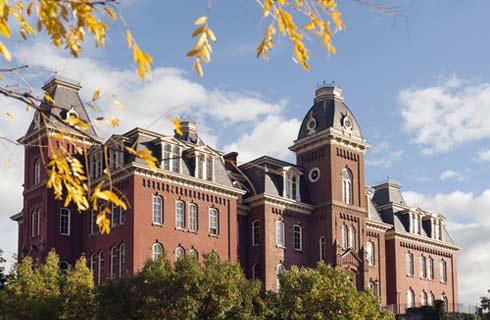
学历文凭
Masters Degree
下一个开始日期
课程费用总额
Master of Urban and Regional Planning
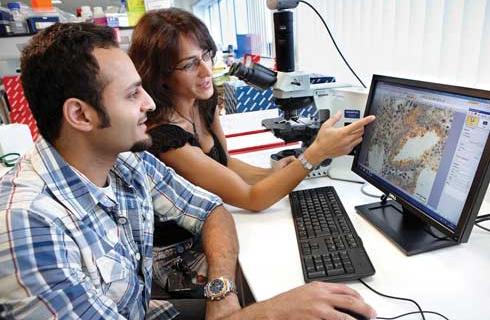
学历文凭
Masters Degree
下一个开始日期
课程费用总额
Master of Science in Tropical Plant Pathology

学历文凭
Masters Degree
下一个开始日期
课程费用总额
Master of Science in Tropical Plant and Soil Sciences

学历文凭
Masters Degree
下一个开始日期
课程费用总额
Master of Science in Travel Industry Management

学历文凭
Masters Degree
下一个开始日期
课程费用总额
Master of Fine Arts in Theatre

学历文凭
Masters Degree
下一个开始日期
课程费用总额
其他相关课程
戏剧艺术学士学位(3年)

劳伦森大学
泰晤士高等教育世界大学排名:
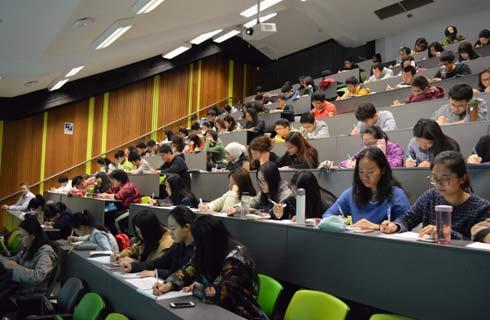
学历文凭
Bachelor Degree
下一个开始日期
课程费用总额
戏剧艺术学士学位

达尔豪斯大学
泰晤士高等教育世界大学排名:
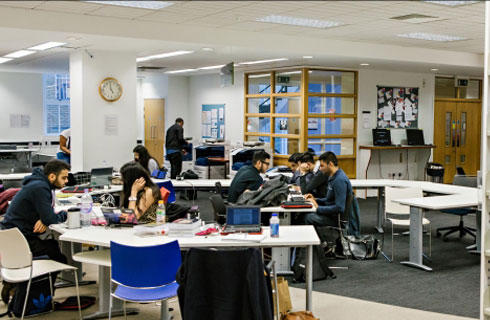
学历文凭
Bachelor Degree
下一个开始日期
课程费用总额
戏剧艺术学士-服装研究

达尔豪斯大学
泰晤士高等教育世界大学排名:
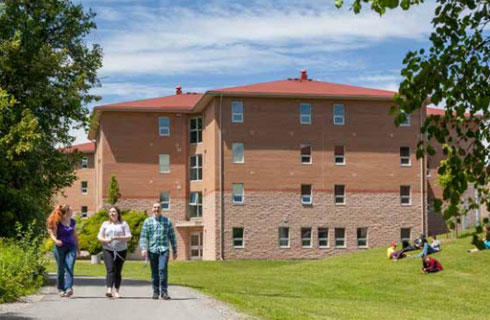
学历文凭
Bachelor Degree
下一个开始日期
课程费用总额
戏剧艺术学士学位

阿卡迪亚大学
泰晤士高等教育世界大学排名:
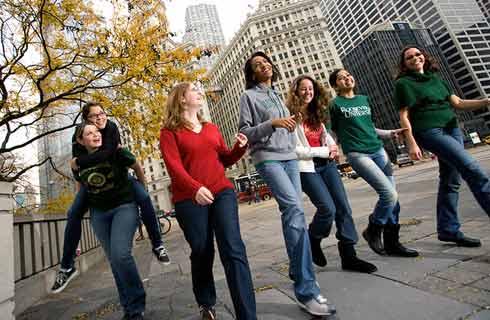
学历文凭
Bachelor Degree
下一个开始日期
课程费用总额
美术学士-表演制作

多伦多都会大学
泰晤士高等教育世界大学排名:

学历文凭
Bachelor Degree
下一个开始日期
课程费用总额
美术学士-表演代理

多伦多都会大学
泰晤士高等教育世界大学排名:
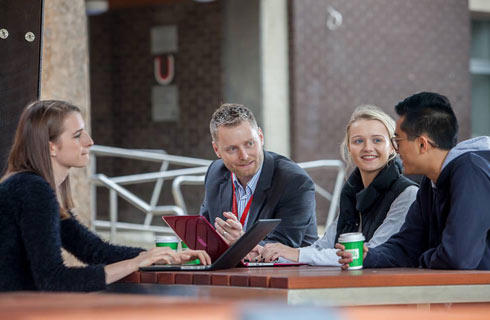
学历文凭
Bachelor Degree
下一个开始日期
课程费用总额





